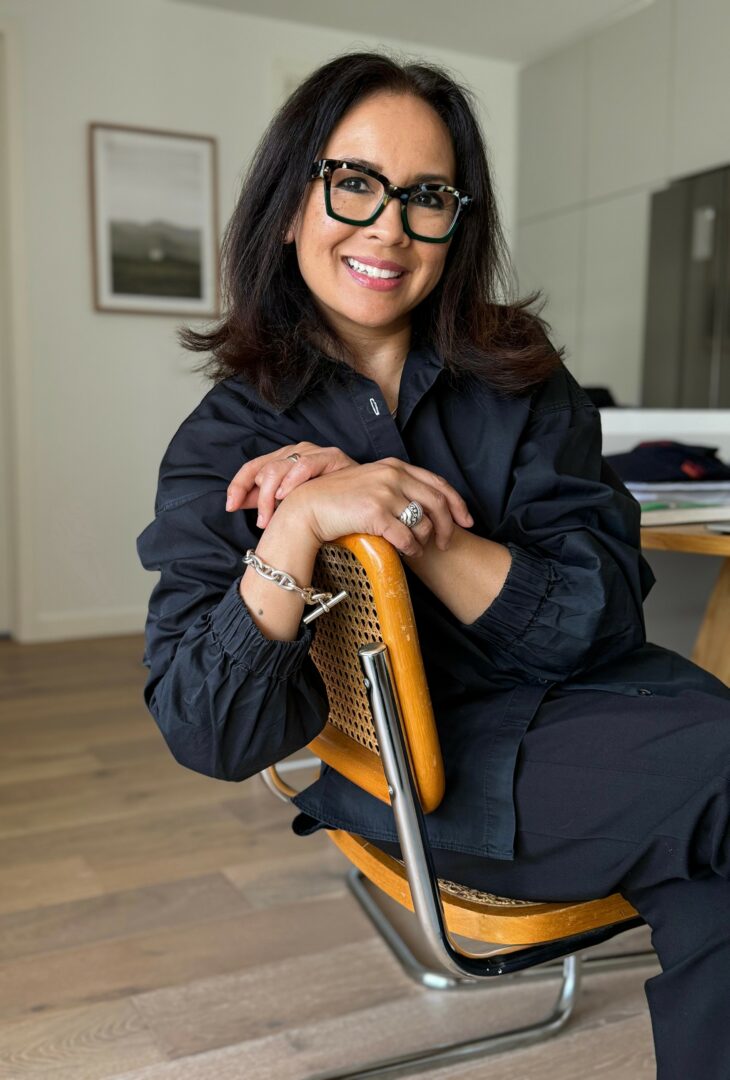We’re looking forward to introducing you to Wati Grossman. Check out our conversation below.
Wati, a huge thanks to you for investing the time to share your wisdom with those who are seeking it. We think it’s so important for us to share stories with our neighbors, friends and community because knowledge multiples when we share with each other. Let’s jump in: What do you think is misunderstood about your business?
The fashion industry is predicated upon several fundamentally capitalistic assumptions, a few of the most central being that trends are important, refreshing what you own regularly is necessary, and that consumption/spending money is affirmatively a good thing. I no longer ascribe to any of that. As a veteran fashion designer, I was once very much a part of that machine. I was responsible for designing collections that pushed people to buy buy buy every single season. But now, I no longer consider myself a part of the industry per se. I stand outside of it.
Anyone who thinks sustainably, I would hope, cares about climate, consumes mindfully, and always considers the impact of their choices. The elephant in the room is we need a new system. We have enough clothing on earth to sustain the next 6 generations of humans, so the best thing to wear is whatever you already own. The fashion industry is ripe for disruption, in fact it’s in trouble. On the fast fashion end as well as in luxury, there are serious issues relating to low wages, poor working conditions, environmental exploitation, and a relentless prioritizing of profit over fair labor practices. Not to mention the reduced quality of the goods that end up being sold. The system as is, cannot continue. To me it boils down to a lack of ethics. We need ethical people and ethical methods to prevail!
Can you briefly introduce yourself and share what makes you or your brand unique?
I started out as a lawyer in the late 1980’s in Australia where I was born. I switched careers after practising corporate law for a few years, realizing I needed to be in a more creative career. By 1990 I had moved to the United States with my partner Michael and applied to study fashion at the Fashion Institute of Technology. I learned the garment business in several junior jobs, eventually working my way up the ladder on Seventh Ave in New York City. At the same time as Michael made the switch to working in Silicon Valley, I was recruited to work in technical fashion design (making patterns and technical packages) in menswear at The Gap in San Francisco. Following my time at Banana Republic (at The Gap), I then established myself as a menswear designer at Levi Strauss & Co. A decade of working for the big corporations then prompted me to start my own children’s wear company called Wati Design, a label that was carried by high end boutiques and department stores in the US as well as in Japan and South Korea.
During the pandemic in 2021 when the world shut down, I started Circle Ahead, a periodical print magazine which is focused on highlighting people who incorporate sustainability into their lives. Through the publication, we try to provoke deeper thought and consideration around simple daily acts we can all be a part of. Buying less. Cherishing more. Sharing, repairing, reusing, loving and caring for one another, more than caring about accumulating “things”. The magazine has gone from strength to strength.
In April 2024 a good friend Mary Lynn Fitton and I threw our first swap meet. Mary Lynn adores vintage and secondhand clothing and has thrifted and organized swaps her entire adult life. We by no means invented the clothing swap of course, but quickly realized there was a genuine interest in our immediate community. Participants were inspired and delighted to donate and then find clothes, shoes and accessories that were secondhand, but “new” to them. Shoppers were able to participate in a small-scale “radical act” that did not require the spending of money, where they were able to source things they needed from their own neighborhood coterie. A project of Circle Ahead magazine, SWAP CIRCLE was born, and we proudly describe it as “a community-driven initiative that promotes mindful consumption through curated clothing swaps and resource-sharing events.”
Great, so let’s dive into your journey a bit more. What breaks the bonds between people—and what restores them?
In all relationships, friendship, marriage, between family members, within a community neighborhood, there must be trust. What breaks the bonds between people is a breach of trust. We all benefit greatly from knowing that a person or people will be there for us through thick and thin.
I grew up in an Indonesian household, and as new immigrants to Australia in the 1950’s my parents never let my sisters and I forget that we were Indonesian, gentle yet hardworking, proud, and giving. Our parents taught us the spirit of cooperation which in Indonesia is referred to as “gotong royong”, (a traditional concept of mutual assistance that literally translates as “working together” or “mutual help”.) They themselves were always offering help to young families, new immigrants, and paying visits to older citizens in their friend circles. They encouraged my sisters and I to volunteer and to learn as many different skills as we could, so that we could grow up to be what they referred to as, “useful members of society.”
You can see examples of this collectivist philosophy in Javanese community life where people will gather to clean a public place, or come together to support another family providing money, food and a helping hand on occasions like weddings or other social or religious rituals. It’s a normal thing to do and nobody thinks twice about it. An American manifestation of this might be crowdfunding to help a friend pay medical bills, neighbors sharing meals during community events, or young people organizing a beach clean up. What I really love about a “gotong royong” approach is that it encourages face-to-face interaction and real human connection. Generosity and spontaneous collaboration is priceless and truly meaningful, and this ongoing kind of mutual cooperation builds trust.
Recently my SWAP CIRCLE partner Mary Lynn recommended that I read The Serviceberry by Robin Wall Kimmerer. Fascinatingly, the Indonesian concept of “gotong royong”, which emphasizes communal support, closely aligns with the ethic of reciprocity explored by Kimmerer in her book. Both frameworks challenge the dominant values of modern capitalist economies, which prioritize individual accumulation and private ownership, over collective well-being. “Gotong royong” thrives on the understanding that a community flourishes only when its members actively support one another, much like Kimmerer’s vision of a gift economy rooted in ecological interdependence and shared abundance. As Kimmerer harvests delicious serviceberries alongside birds, she reflects on relationships of mutual care and contribution – an ethos mirrored in communities practicing “gotong royong”, where help is given not for profit but out of a deep sense of shared responsibility. By looking to Indigenous knowledge and communal traditions, both perspectives invite us to reimagine our economic and social systems to foster connection, reciprocity, and collective thriving.
This way of thinking – and the idea of a simple clothing swap – may in fact be the way forward. And to answer the question posed, it may even restore trust between people in our increasingly fractured world.
If you could say one kind thing to your younger self, what would it be?
If I could tell my younger self one thing, it would be this: Don’t waste energy trying to fit in. The very things that make you feel different – your skin color, your culture, your family’s language, the food you eat – are not weaknesses, they are your strength. One day, you’ll see that being unique is a gift, and you’ll raise your own children to see their amazing mixed heritage as a superpower.
Hold on to who you are, important change starts with people who dare to be different.
Alright, so if you are open to it, let’s explore some philosophical questions that touch on your values and worldview. What truths are so foundational in your life that you rarely articulate them?
For me, it’s the Golden Rule – treat others the way you’d want to be treated. It’s more than a moral compass or a personal code; it’s a transformative force. Practicing kindness and compassion doesn’t cost much, but its impact is immeasurable. It has the power to shape not just individual relationships, but entire communities, workplaces, and movements.
This belief is one of the reasons I knew starting SWAP CIRCLE with Mary Lynn was so crucial.
At its heart, our nonprofit is about more than reducing waste or celebrating personal style, though we care deeply about those things. It’s about building community through conscious exchange, and creating a culture that values people over profit, generosity over greed, and connection over consumption.
From day one, we’ve prioritized treating people with kindness – not as a strategy, but as a basic tenet. When you lead with kindness, it becomes contagious. It sparks something in others and invites them to do the same. That ripple effect can shift mindsets, reshape systems, and redefine how we interact with the world.
We often say (and mean it): SWAP CIRCLE imagines a world where kindness isn’t rare or revolutionary – it’s normal. A world where participation in shared abundance brings more joy than materialism ever could. Where the dopamine rush comes not from acquiring more, but from giving more, sharing more, and lifting others up.
I don’t think it’s corny, it’s cultural reimagination. And I believe it’s not only possible, but already in motion.
Okay, so let’s keep going with one more question that means a lot to us: Could you give everything your best, even if no one ever praised you for it?
I think I could give everything my best, even without praise, because doing the right thing isn’t about recognition, it’s about integrity and staying true to one’s values. When you’re guided by a strong inner voice or a sense of purpose, the reward comes from knowing you’re making a positive impact, even if it’s unseen.
As humans however, we all appreciate acknowledgment! I think it comes back to kindness, when you tell someone you appreciate them and their work, that gesture can really make their day, week, or help them have a breakthrough perhaps, that they really need.
We should always be kind, it’s part of politeness and manners, but it’s super powerful and a supportive act. Not everyone needs external validation, but it does feel good for your work to be noticed and valued.
Contact Info:
- Website: swapcircle.org circle-ahead.com
- Instagram: @circle_ahead @watidesign
- Linkedin: Wati Grossman
- Facebook: Wati Grossman
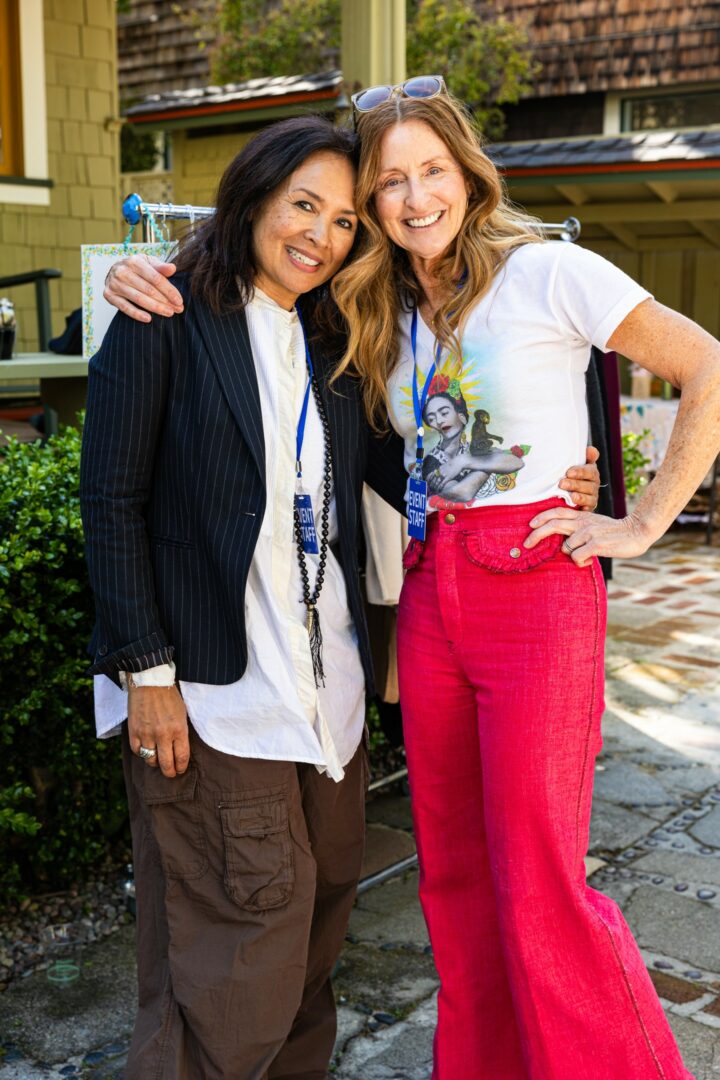
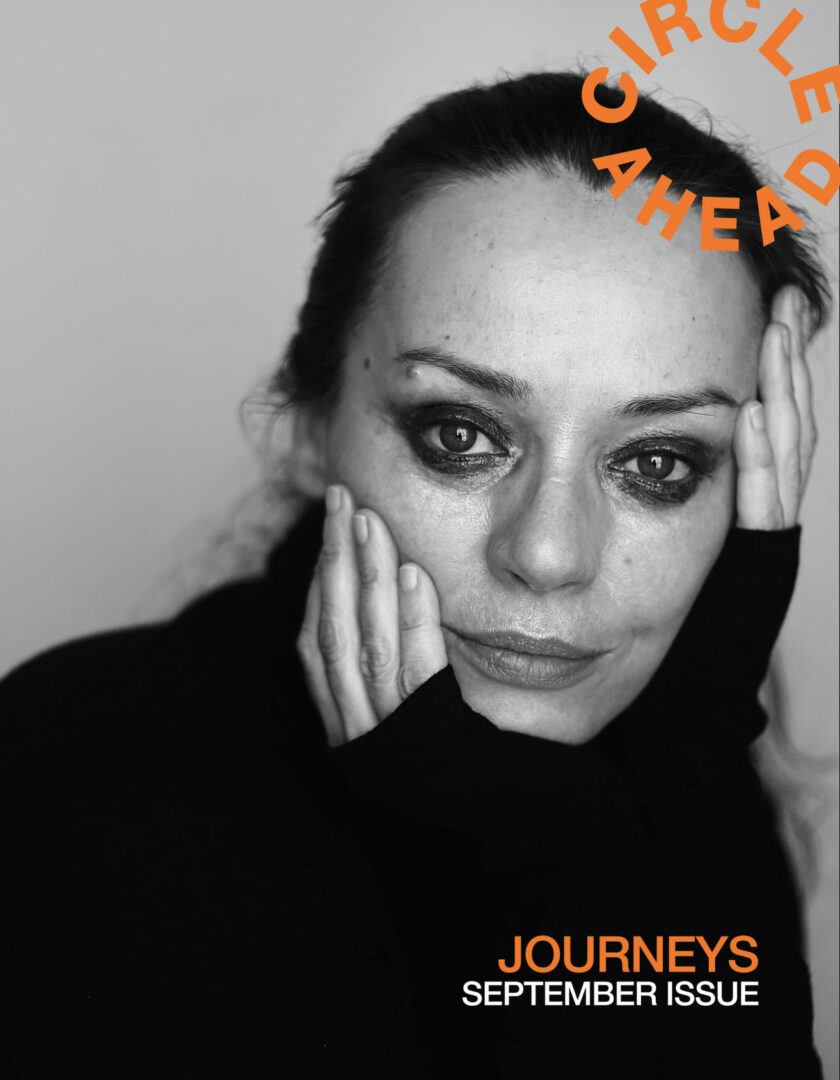
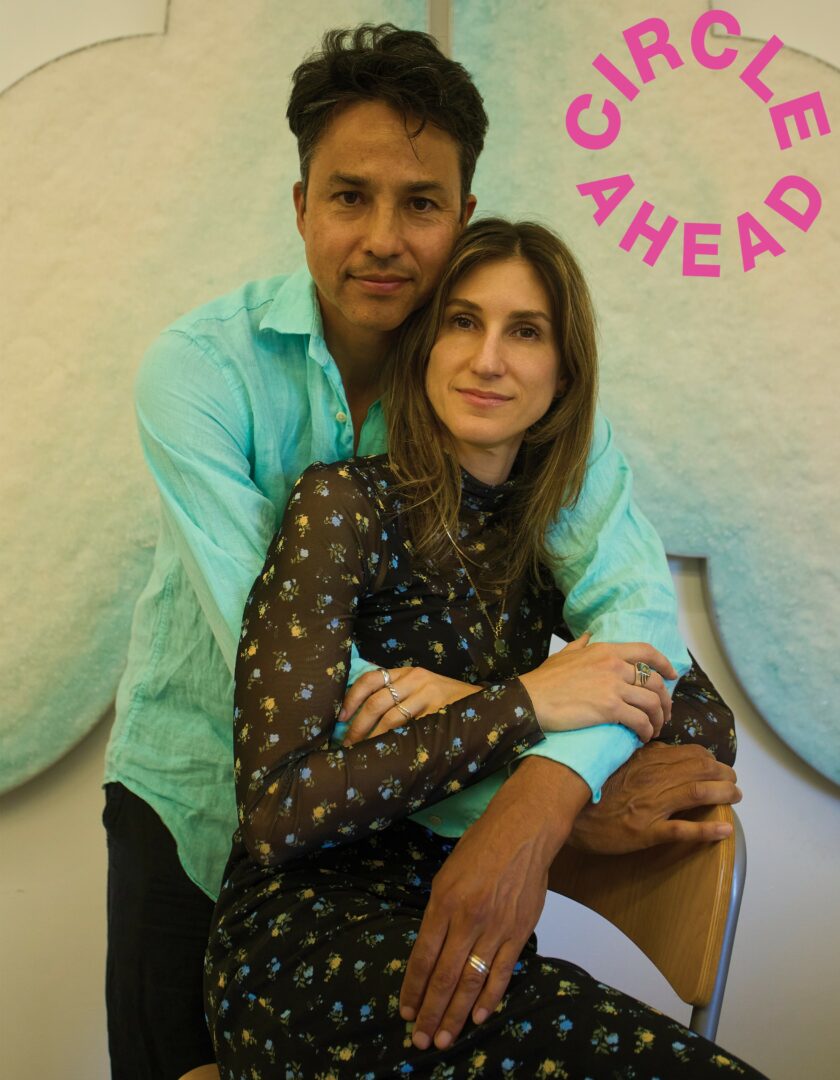
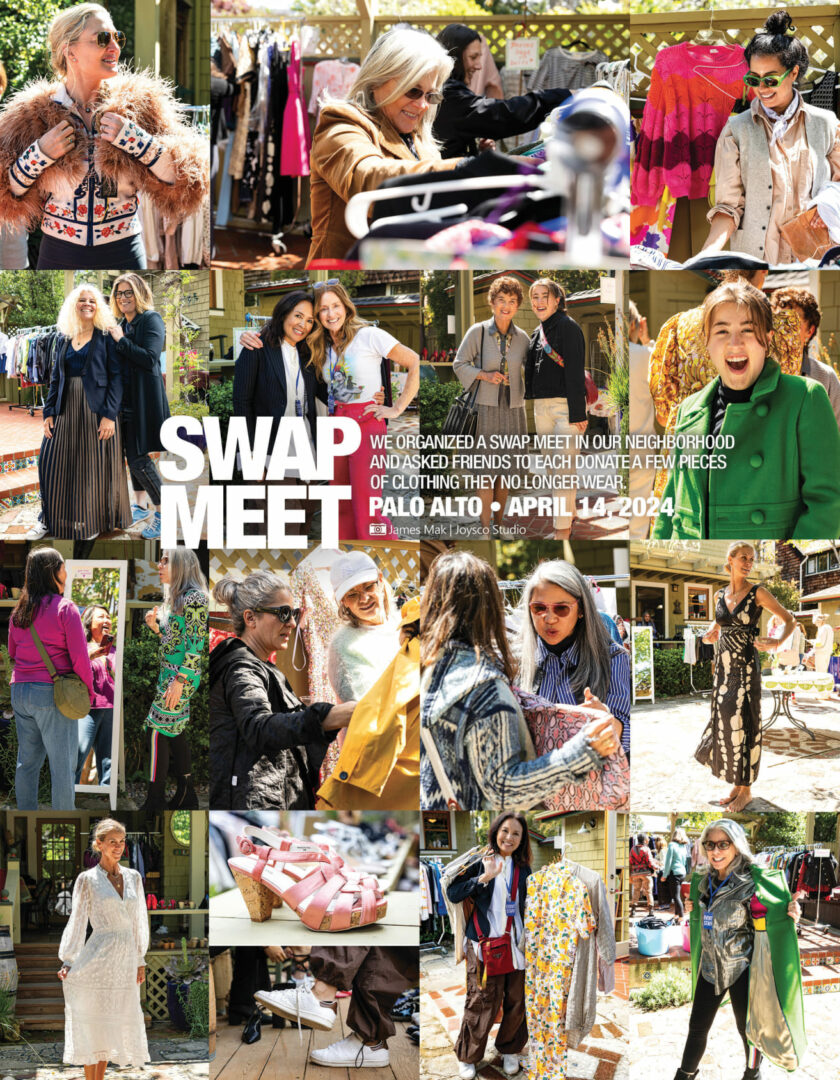
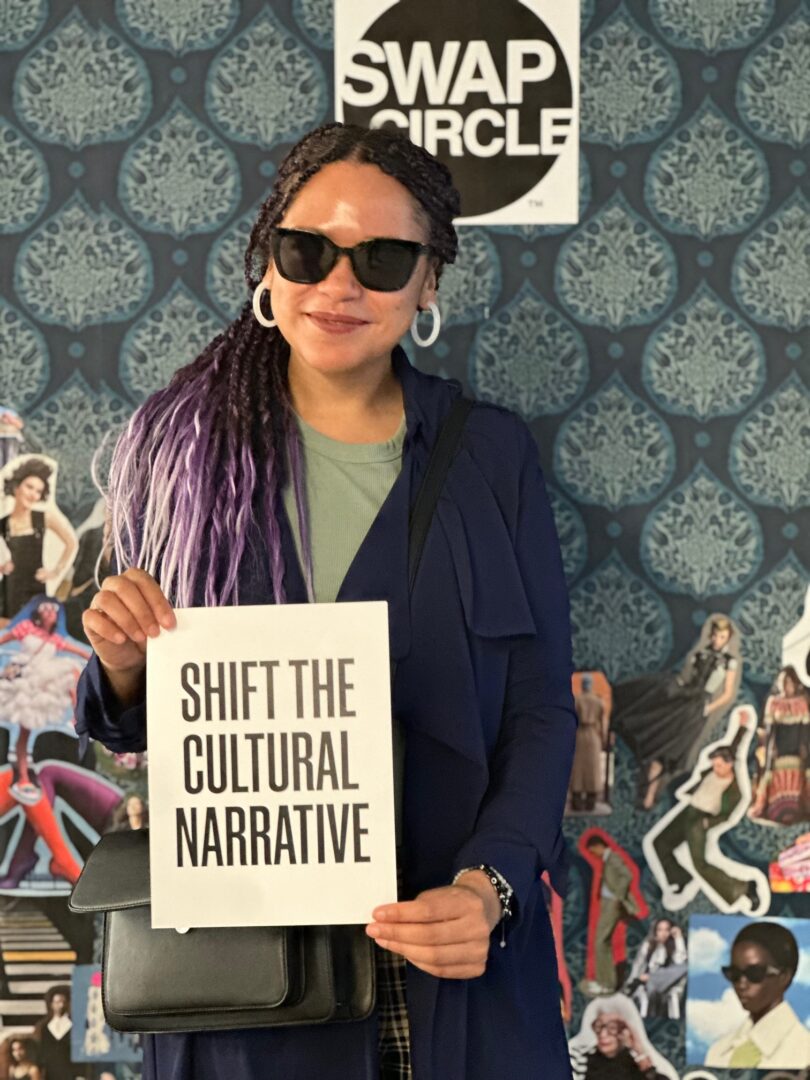
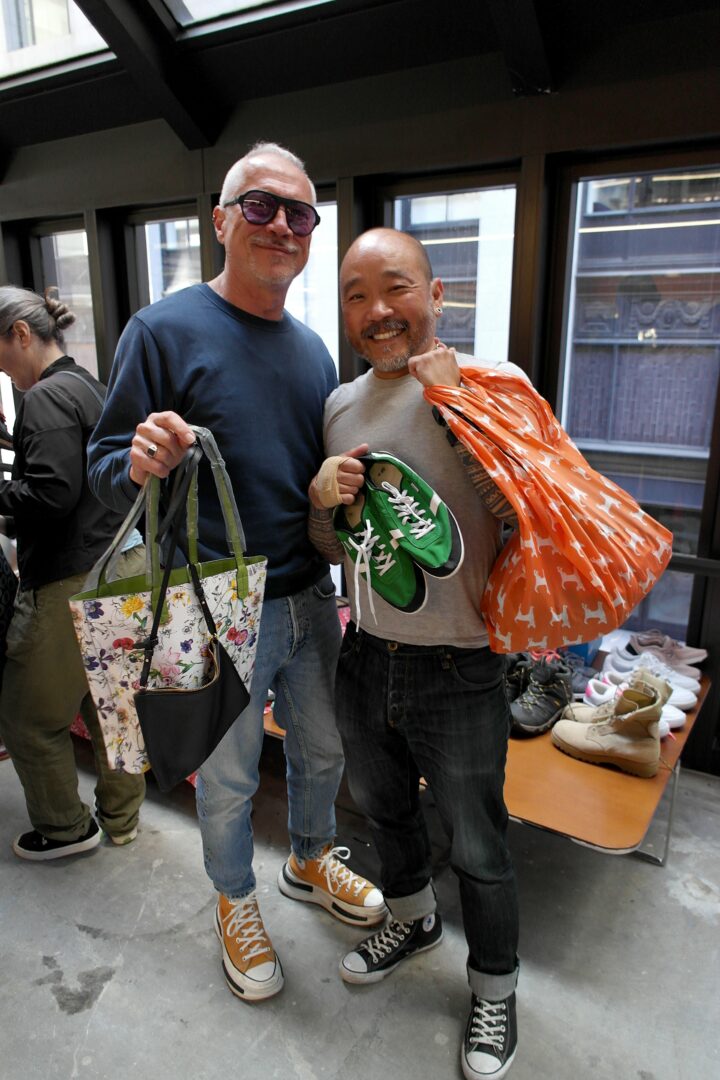
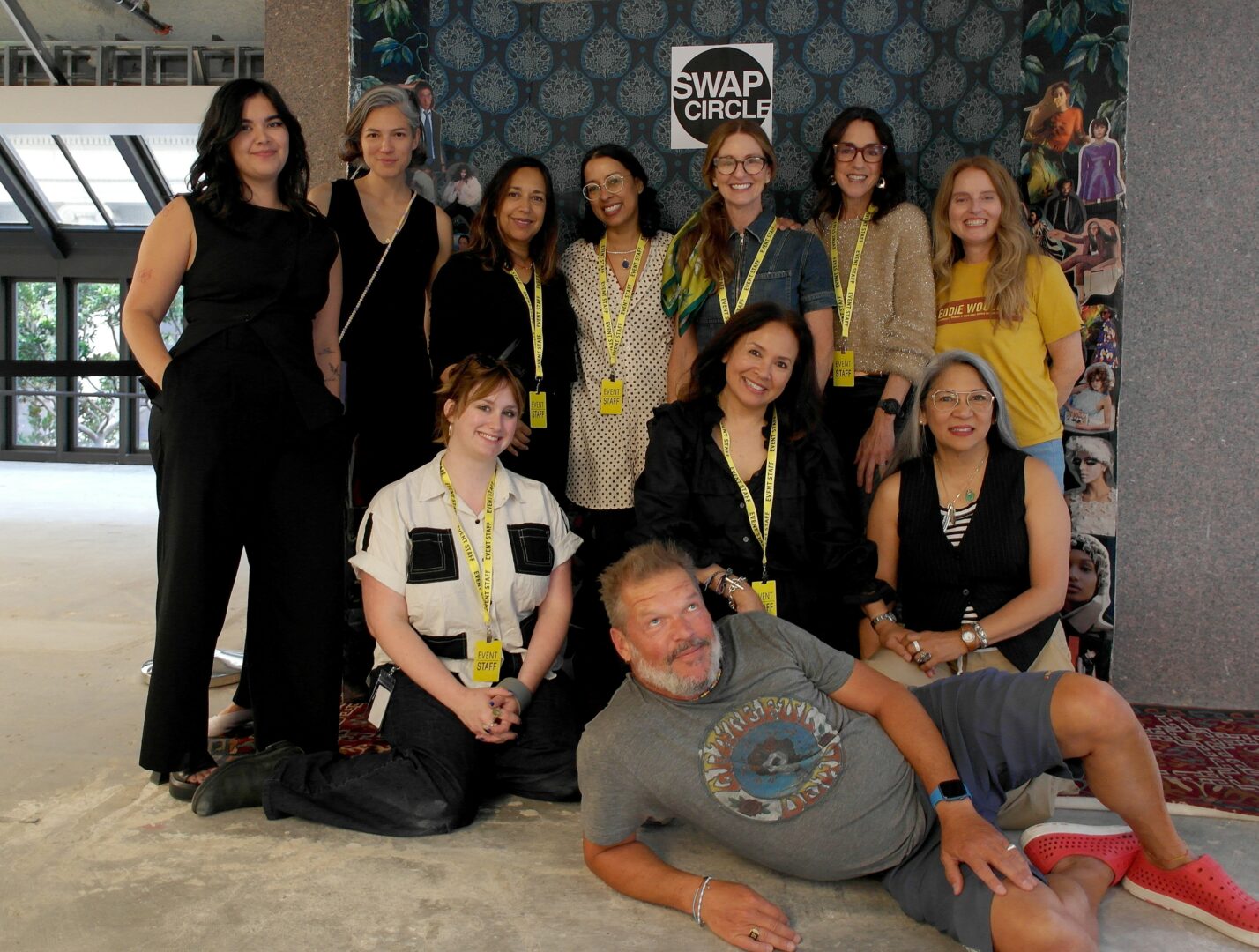
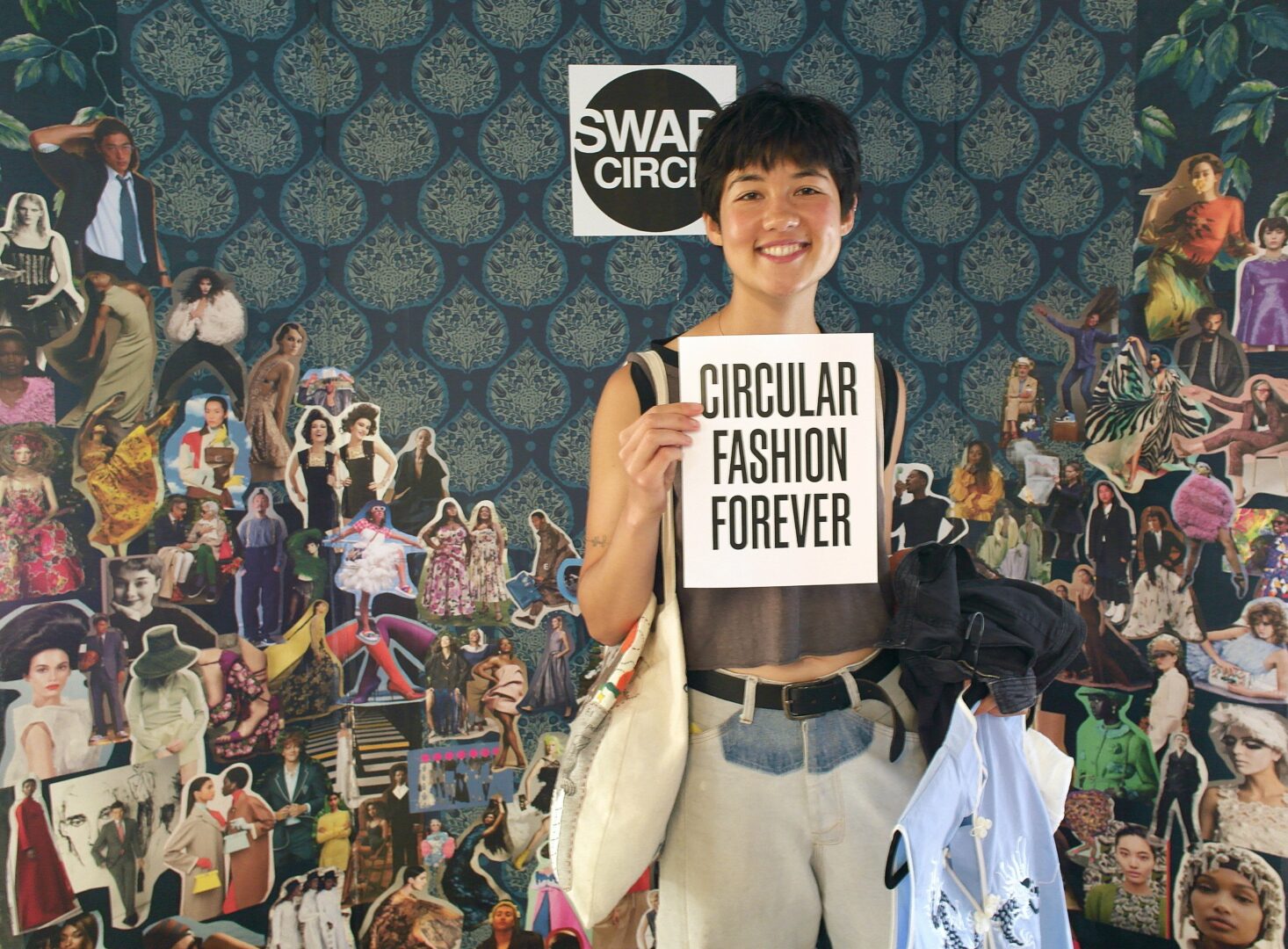
Image Credits
@antonio_ignes
@talia.grossman
@tinadotwww
@yanti_yoganinja
@joysco
@karenherzog
so if you or someone you know deserves recognition please let us know here.

